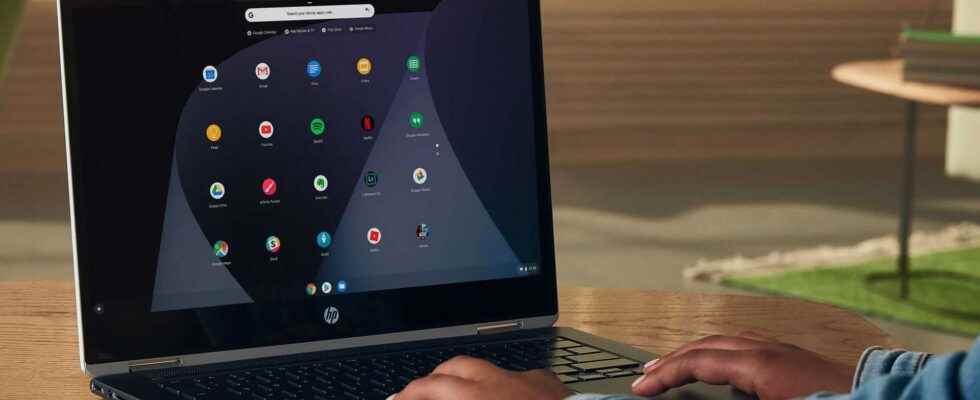Google is currently working on a human presence sensor for Chromebooks, which identifies people visible to the webcam. According to a new Chrome flag just added, the sensor will let you know if someone behind you is trying to read your screen.
You will also be interested
[EN VIDÉO] In 2050, we will be working with transparent computers Today we are glued to our screens, but tomorrow, augmented reality and the power of computers will free us from our workstations, thanks to transparent or virtual screens. This is what Planète + explains to us in its new episode of Dreaming the Future, broadcast this Friday, February 3, 2017, and of which here is an exclusive extract.
With the development of telecommuting and distance learning, the sale of Chromebooks has exploded. These laptops are equipped with the operating system Chrome OS, entirely based on the Navigator Chrome and also able to operate applications Android. They offer a much cheaper alternative to Pc usual and amply sufficient for the videoconference and the office automation.
According to the site 9to5Google, Chromebooks could soon alert the user when someone tries to look at their screen, such as when they are working in a coffee shop. The site had unveiled earlier this year that Google is working on a ” sensor of human presence ”, and had concluded facial recognition and automatic locking when the user moves away. However, the appearance of a new experimental feature, or ” Chrome flag », Allowed to know more about the use of this new sensor.
Chrome OS will automatically lower the brightness to prevent prying eyes
Baptized ” snooping detection , In other words spy detection, the function notifies the user when someone tries to look over their shoulder. The user can choose to be warned by the display of an icon in the status area of Chrome OS, or by automatically reducing the brightness screen to prevent the intruder from seeing what is displayed there. The system may also turn off notifications temporarily to prevent new messages from being read.
It remains to be seen whether this sensor will equip all Chromebooks or only high-end devices. In any case, the first devices with the new function won’t hit the market until at least next year.
Interested in what you just read?
.
fs1
